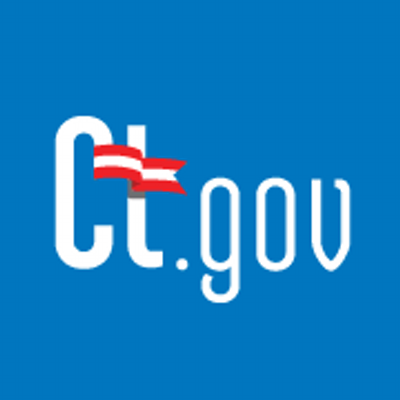
Governor Ned Lamont has announced that he is doubling funding for the previously announced Temporary Rental Housing Assistance Program (TRHAP) for Connecticut residents impacted by COVID-19 from $20 million to $40 million.
The program provides up to $4,000 to landlords on behalf of approved tenant applicants. It is funded through the CARES Act’s Coronavirus Relief Fund and administered by the Connecticut Department of Housing in partnership with the Connecticut Housing Finance Authority (CHFA) and 11 housing counseling agencies across the state.
To expedite payments, the Department of Housing has worked with CHFA and the housing counseling agencies to streamline the application process, increase the number of staff processing applications, and create a web platform to accept applications from renters and small landlords. That web platform will be available when the program reopens to new applicants in mid-October. Under the new streamlined process, at least 40 assistance payments will be issued by the end of this week.
The additional $20 million brings the total amount of state funding for renters, homeowners, and residential landlords impacted by COVID-19 up to $63.3 million. In addition to the $40 million rental assistance program, that funding provides mortgage relief to homeowners ($10 million), supports renters who were facing eviction before the pandemic ($5 million), rehouses people exiting homelessness or incarceration ($5.8 million), and supports renters excluded from federal assistance because of their or their loved ones’ immigration status ($2.5 million). Connecticut’s large cities also received $10 million under the CARES Act Emergency Solution Grants program to prevent homelessness and support homeless populations.
In addition, Governor Lamont today announced that he will soon sign an executive order that will extend to January 1, 2021 a residential eviction moratorium protecting tenants who were current on their rent at the beginning of the pandemic and have paid at least a portion of their rent since.
That extension will bring this important measure to protect public health in line with neighboring states and provide the federal government additional time to deliver much-needed assistance to renters and homeowners. It will also complement a federal moratorium issued by the Centers for Disease Control and Prevention (CDC), which determined that in a pandemic, eviction moratoria are an effective public health measure because they facilitate self-isolation, allow state and local authorities to more easily implement stay-at-home and social distancing directives, and decrease the risk of unsheltered homelessness and the likelihood of individuals moving into congregate settings, such as shared housing and homeless shelters, especially as winter approaches and the temperature drops.
“Since the Temporary Housing Rental Assistance Program went live on July 15, we’ve received more than seven thousand submissions,” Connecticut Housing Commissioner Seila Mosquera-Bruno said. “We paused intake because the program was slow. This allowed us to redesign it and increase staff capacity in anticipation of additional funding. I’ve always maintained to stakeholders that we are evaluating the program on an ongoing basis. The revisions that we’ve identified are a direct result of those evaluations. The increase in funding reflects Governor Lamont’s commitment to help those families that have been affected by the pandemic and are in need of financial assistance to pay their rents.
“The need for this relief for renters is significant,” Nandini Natarajan, chief executive officer of CHFA, said. “The additional staff resources and program revisions will allow applications to be processed in less time, getting the relief where it is needed most. In addition, expanding access to the website for small landlords will provide information they can use to plan their operations in the coming months.”